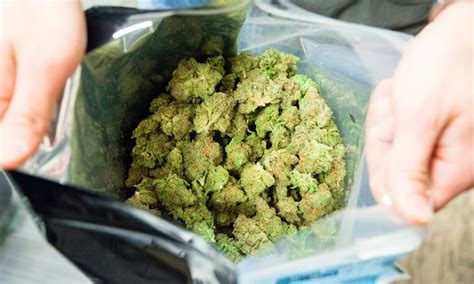With the increasing legalization of marijuana across various states, there’s an enduring paradox in its public perception and medical understanding. While 33 states have legalized its medical use and 11 for recreational purposes, experts raise concerns about its potential risks and safe usage methods.

One common issue users face is distinguishing whether tremors experienced are due to marijuana use or anxiety. Tremors, defined as involuntary rhythmic muscle movements, are a noted side effect of both. This makes it challenging to pinpoint the exact cause, which could also be attributed to various other health conditions (Go Ask Alice!).
Safe consumption of cannabis is crucial, especially considering the potential risks to lung health. Experts advise against smoking cannabis, as it can inflame the lungs. Alternative methods such as under-the-tongue tinctures, edibles, topicals, or dry herb vaporizers are recommended. If smoking is the chosen method, it is advised not to hold the smoke in the lungs for more than a few seconds (Harvard Health).
Marijuana’s effects on the heart are also a significant concern. It can cause increased heart rate and blood pressure, posing a risk to those with heart disease. The risk of heart attack is notably higher in the hour after smoking marijuana. Moreover, studies have linked marijuana use to atrial fibrillation, a heart rhythm disorder (Harvard Health).
Long-term use of cannabis can also have cognitive effects. A study has shown that long-term users experienced a decline in IQ by an average of 5.5 points. There were also noted deficits in learning and processing speed, particularly more pronounced with frequent use (Harvard Health).
Finally, it’s essential to understand the legal distinction between marijuana and hemp. By law, marijuana is defined as a cannabis plant with more than 0.3% THC by weight, whereas hemp contains 0.3% or less. This distinction is critical as hemp products are less likely to cause an intoxicating effect (Harvard Gazette).